Israeli commander Halevi said it was "a good idea" to flood Hamas tunnels in Gaza, after an American newspaper mentioned the option.
"We have seen a lot of underground infrastructure in Gaza, and we know there will be a lot more. One of the goals is to destroy this infrastructure," said Israel Defense Forces (IDF) commander Herzi Halevi on December 5.
Mr. Halevi commented when asked about a Wall Street Journal article a day earlier. The US newspaper quoted Israeli officials as saying that instead of searching and destroying each tunnel entrance, the Israeli military was considering pumping seawater from the Mediterranean into the Hamas tunnel network in Gaza.
"We have many ways to deal with tunnels, to prevent Hamas from using underground infrastructure to attack Israeli soldiers," said Mr. Halevi. "Any way that gives us an advantage is considered. It is a good idea, but I will not go into details."
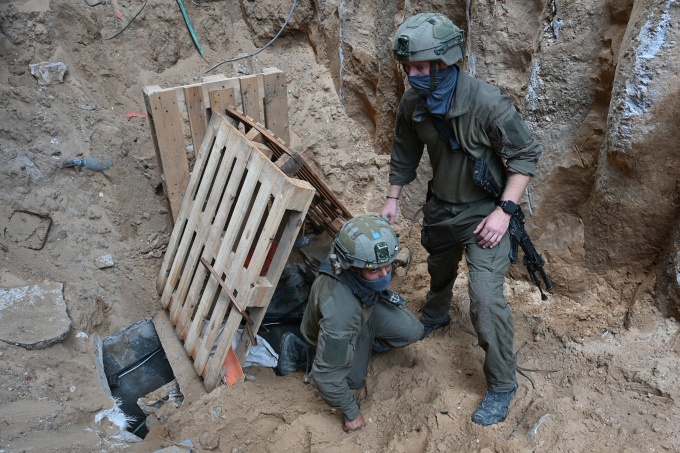
Israeli soldiers walk down the tunnel entrance under Al-Shifa hospital in Gaza City, Gaza Strip on November 22. Photo: AFP
The IDF announced on December 3 that it had discovered 800 entrances to Hamas’ tunnel system since the start of its operation in the Gaza Strip. Israeli engineers had disabled 500 of the tunnels by detonating or sealing them, and had destroyed several kilometers of the militant group’s main tunnels.
However, this is only a small part of the "matrix" of tunnels that Hamas has painstakingly built over the past 30 years, estimated to be more than 500 km long. According to analysts, Hamas has opened tens of thousands of entrances to the tunnels in the Gaza Strip. Each tunnel usually has multiple entrances, so unless the IDF destroys all the tunnels, Hamas can still operate normally underground.
It is unclear whether Israel will proceed with the plan to pump water into the tunnels, and whether it will do so before or after all the hostages in the Gaza Strip are released. Hamas is estimated to still hold more than 100 hostages, most of whom are believed to be held underground.
A former US official admitted that if Israel carried out this plan, Washington would be put in a "difficult situation", which could cause the Biden administration to face international condemnation, in the context that Tel Aviv is being criticized for its large casualties in the Gaza Strip during the campaign.
Another concern is the impact of the plan on the environment in Gaza, especially water. Most people in the territory currently lack access to clean water, with many water treatment plants shut down due to fighting. Of the three water pipelines that supply water from Israel to Gaza, one has been closed and the other two have had their capacity drastically reduced.

Tunnel system discovered and destroyed in Gaza Strip. Graphics: WSJ
Nhu Tam (According to Times of Israel )
Source link




































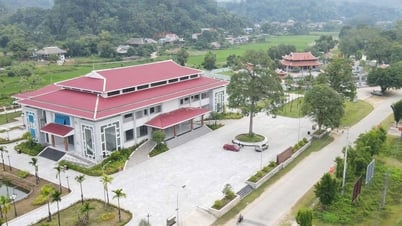

























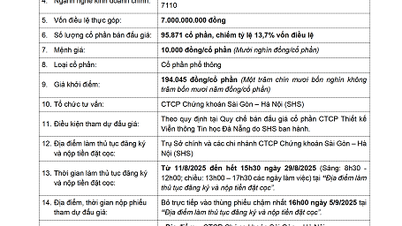
















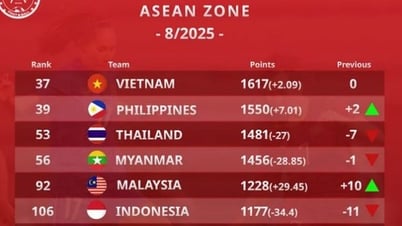





















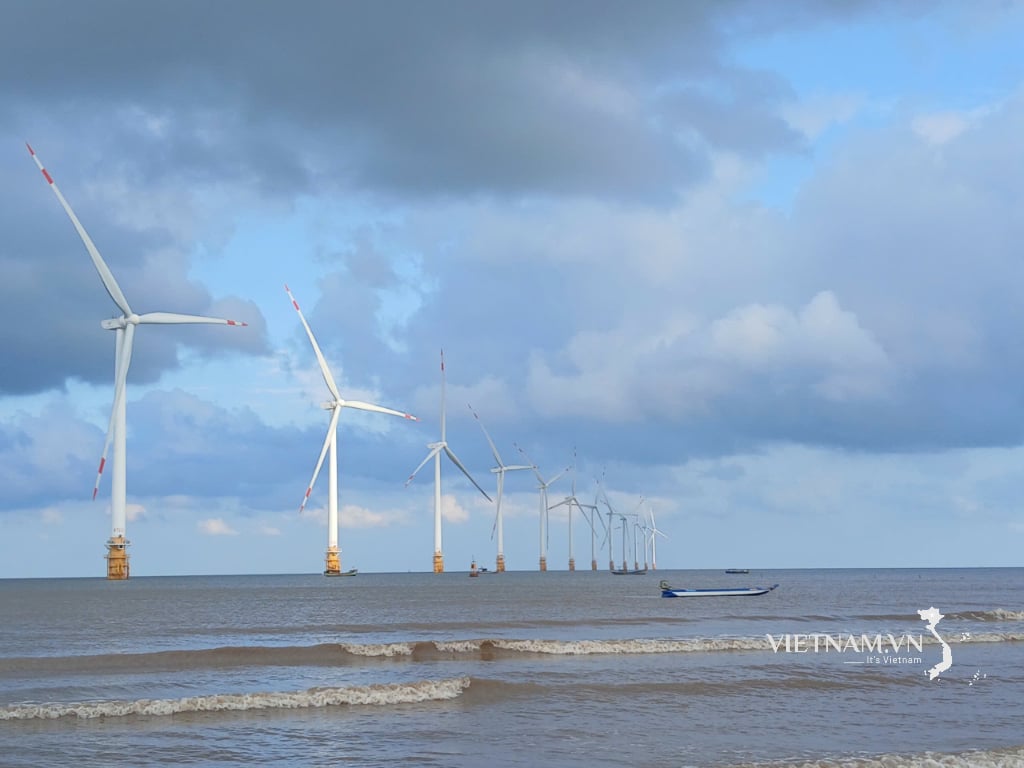
Comment (0)